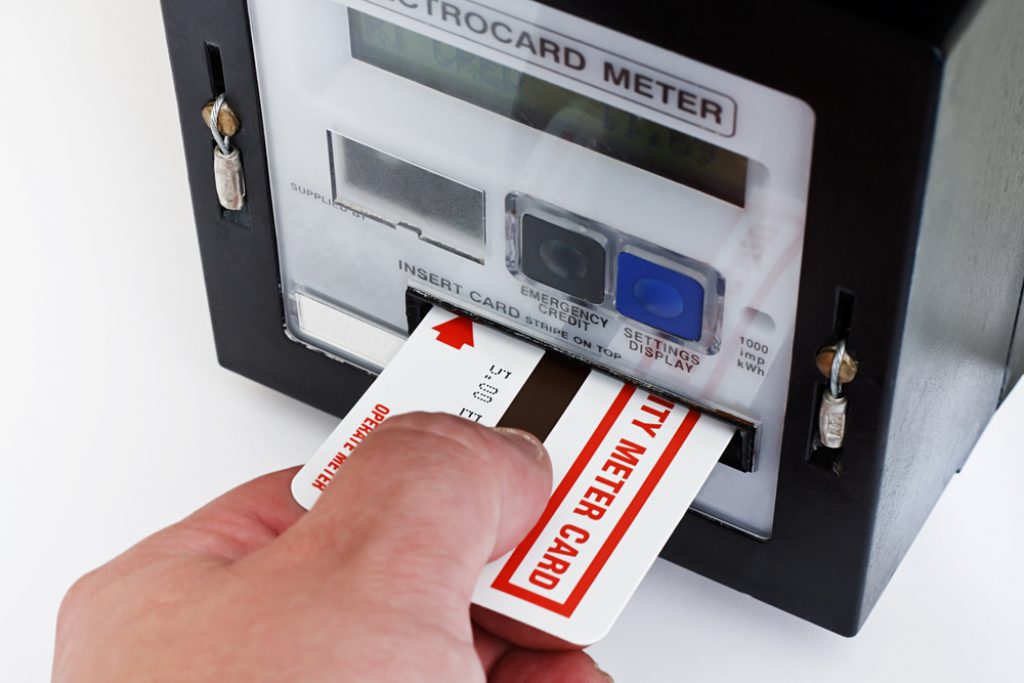Ofgem is allowing EDF, Octopus and Scottish Power to resume the force-fitting of prepayment meters nearly a year after the practice was suspended.
The voluntary PPM code of practice, which all energy companies signed up to in April 2023, was put in place after evidence emerged of bad behaviour by suppliers severely affecting struggling customers. The code later become part of suppliers’ licence conditions.
Installing prepayment meters without permission is called ‘Involuntary PPM’ in an energy supplier’s licence. It means that a prepayment meter can be installed with a warrant, or a smart meter switched to prepayment meter mode, to get back debt owed to them without permission from the customer.
The energy regulator has warned suppliers to play by the rules and treat customers fairly when installing involuntary prepayment meters, or face tough action and fines.
Ofgem said that EDF, Octopus and Scottish Power have all provided evidence and assurances that they have met the regulator’s conditions to restart involuntary installations “as a matter of last resort”.
The conditions include conducting internal audits to identify wrongfully installed prepayment meters and committing to reinstating non-prepayment methods and offering compensation.
The suppliers must also provide regular monitoring data to Ofgem, so that concerning trends on involuntary prepayment meter practices can be identified early.
Ofgem also said that if suppliers wrongly install a prepayment meter in a property occupied by someone in Ofgem’s “do not install” category they would be expected to reinstate a credit meter within 24 hours and pay the customer compensation.
Exhaust all avenues before installing prepayment meters
Tim Jarvis, director general for markets at Ofgem, said: “Protecting consumers is our number one priority. We’ve made clear that suppliers must exhaust all other options before considering forced installation of a prepayment meter, and consumers can help themselves by reaching out to their supplier as soon as possible if they think they won’t be able to pay their bill, so payment options can be discussed.
“Our rules on when, and how, a prepayment meter can be installed are clear and we won’t hesitate to take action if suppliers act irresponsibly.
“While nobody wants to see the practices uncovered last year repeated, we also know that allowing households to build up unsustainable amounts of debt isn’t the right thing to do either. Many households value the control that these pay as you go meters offer over bills and how they can help with budgeting, and suppliers must also be able to recover debt to make sure those costs don’t end up on everyone else’s bills.
Ofgem conditions
Before suppliers can restart involuntary installations, they must meet the conditions set out by Ofgem.
These include conducting an internal audit to identify wrongfully installed involuntary prepayment meters installed before the prepayment moratorium, which has been in place since February 2023, and offer compensation and a return to a non-prepayment payment method to any affected customers.
Suppliers must also commission and conclude an independent assessment to verify their readiness to comply with the new rules.
Once suppliers restart involuntary prepayment installations, they must also provide regular monitoring data to Ofgem, so that concerning practices can be identified early.
Currently only EDF, Octopus and Scottish Power can install prepayment meters without the customer’s permission. But before they do so, these suppliers need to make at least 10 attempts to contact the customer and carry out a site welfare visit before a prepayment meter is installed.
These suppliers still can’t install prepayment meters for high-risk customers in Ofgem’s “do not install” category.
These include households which:
- rely on powered medical equipment,
- have an occupant aged 75 or over without support in the house
- include children aged under two years old
- include residents with severe health issues including terminal illnesses or those with a medical dependency on a warm home
Suppliers must also assess the suitability of a prepayment meter in certain other circumstances such as other serious physical and mental health conditions and children under five-years-old.





